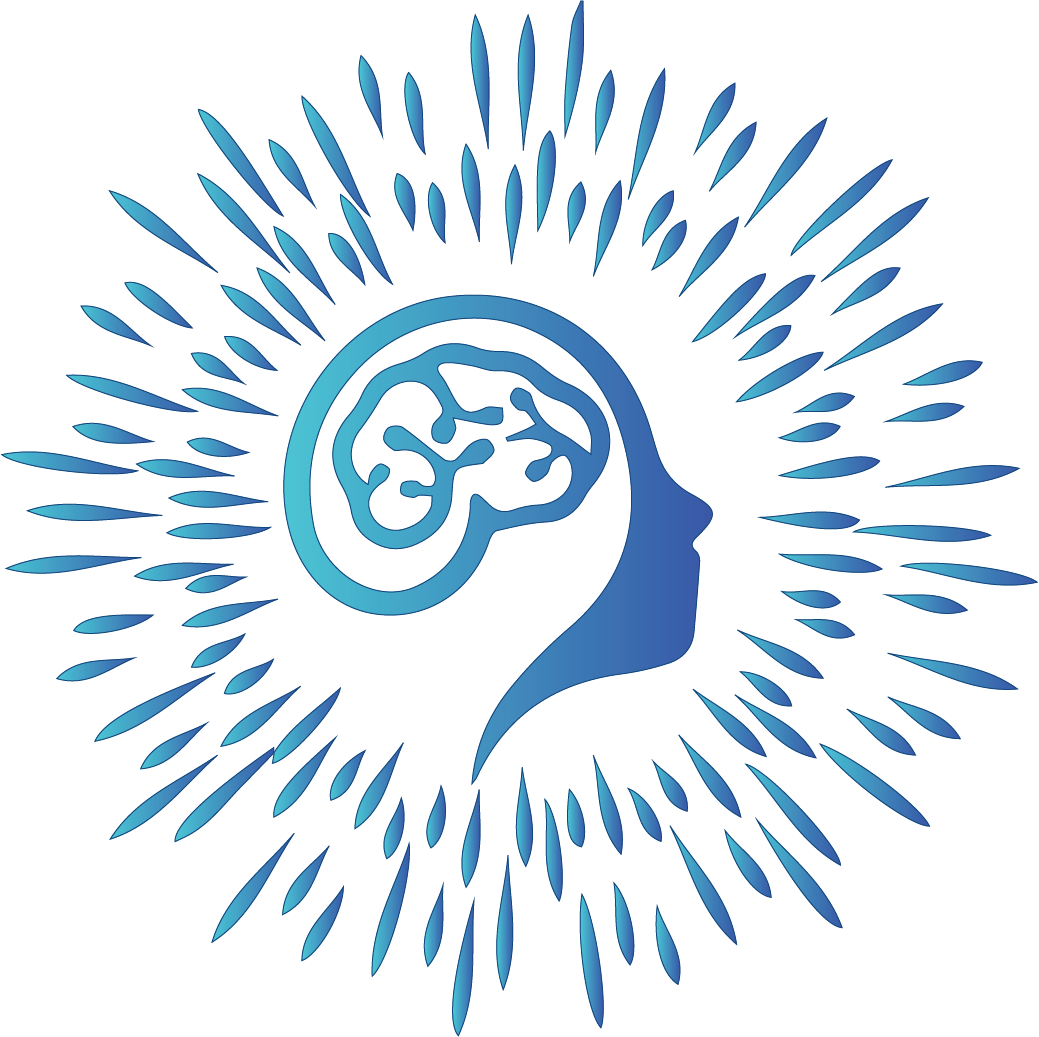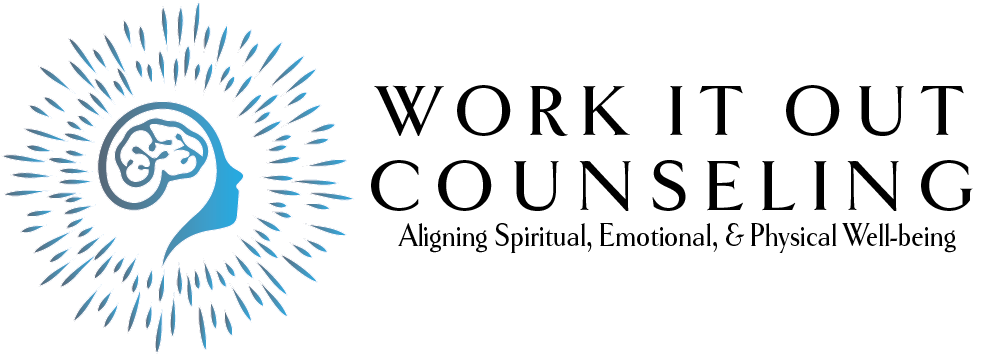National Grief Awareness Day is August 30th

National Grief Awareness Day is August 30th
National Grief Awareness Day is devoted to bringing attention to the various ways in which people cope with loss. It promotes providing information for those who are mourning and encourages us to support others we know who are grieving. Angie Cartwright launched National Grief Awareness Day in 2014 in the hopes of encouraging open discussion about loss and mourning and better informing the public about the truths of grief.
Angie had been through a lot of heartache and loss in her life. She lost her baby sister when she was five years old. Her spouse was killed in a vehicle accident in 1996 and died as a result. Later, her mother died of a heroin overdose in 2010.
During each of these difficult experiences, she discovered that many people viewed grief as something negative. She was uncomfortable with this stigma as this can lead people to experience their grief in silence. When people lose a loved one, they are frequently told that they must move on and overcome their grief. We need to reframe how we think about this as this is not necessarily a problem that must be solved.
As Angie says, “silent grief can be a deadly grief”. National Grief Awareness Day is her attempt to properly address grief and how we deal with it to end the stigma.
We all go through different stages of grief throughout our lives, and a particularly traumatic loss might send us spiraling. Simple tasks can become difficult to do. Everyday conversations can affect us on an emotional level beyond anything we’ve ever experienced before, and it is so important that we understand that these are common responses to loss.
The Five Stages of Grief
Elisabeth Kubler-Ross first introduced the five phases of grief in her book Death and Dying. We can apply these phases to a variety of situations, like the end of a close relationship, the death of a loved one (human or animal), or the diagnosis of a fatal or serious illness.
- Denial: Grief can be extremely overwhelming. It’s not uncommon to react by pretending that the loss or situation isn’t happening. When we receive unexpected or unwelcome news it’s a natural reaction to become emotionally overwhelmed and deny the situation. This defense mechanism can give us time in the beginning to process all the emotions we might be feeling.
- Anger: People frequently experience anger after initially denying the situation. This masking effect is a result of the distress and vulnerability that comes with getting bad news. To cope, we often project our frustrations onto others in the form of rage. This can even be directed at inanimate objects. Not everyone will experience anger, and some others may stay in this stage for a while, but no matter how long it lasts, the anger will subside and give way to more rational thinking.
- Bargaining: Grief can make us feel vulnerable and helpless. It’s not unreasonable to expect that we will look for ways to regain control. Bargaining is another defense mechanism that we use to try to protect our emotions and affect the outcome. This might also be the point at which we endure endless “what ifs”. “What if I had walked down the other street? The accident might not have happened.”
- Depression: Depression is one of the quieter stages of grief. It’s also one of the most accepted forms as it is considered a “present” emotion. During this stage we begin to face the reality of the present situation. Bargaining no longer feels achievable. Pulling inward to experience the growing sadness is very natural as we begin to process the grief. The world might seem like too much and too overwhelming for you to face. And that’s completely okay and normal. Just don’t live here too long.
- Acceptance: Acceptance is the final stage. It does not imply a happy period, but rather a period of acceptance of the situation. We start to come to terms with our new reality. While this is still a period of adjustment, we might have good days and bad days. We do eventually start to rise from the fog of grief and re-engage with friends or family. Our emotions begin to stabilize and realize that we will be okay.
If you are grieving, it’s important to understand that you aren’t broken, and you don’t require a solution. What you do need is a path that helps you to know that it’s okay to not be okay.
Grieving is a process that should be experienced as coping with loss entails learning to live with your grief in a new way. Telling your story is one of the most effective methods to accept your grief as a part of you.
Ways You Can Help a Loved One Process Grief
The easiest way to help a friend or family member is to simply be there for your loved ones that are grieving. Let them know that you understand that overcoming grief is not as simple as turning it off like a light switch and offer support.
There are many ways to help those you love, whether you use humor to inspire laughter, cook a warm meal, or simply be there to offer a reassuring presence. Everyone grieves differently and at a different rate. Offer your support and, if they need it, offer to accompany your loved one to an appointment to speak with a licensed counselor or therapist.
If you are interested in speaking with someone to help you or a loved one through the grief process, you can schedule an appointment on our client portal.
Don’t forget to follow us on Facebook for tips, helpful articles, and important mental health updates.


